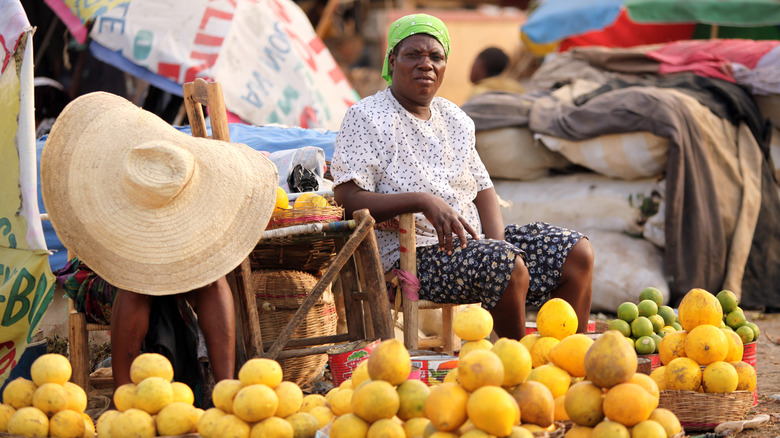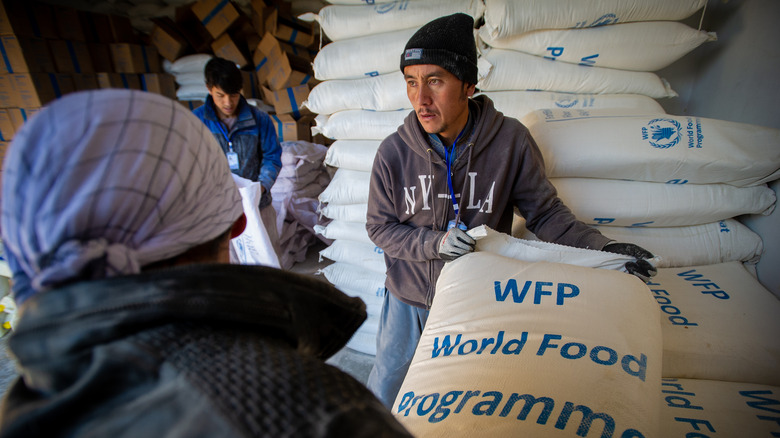Haiti's Food Insecurity Likely To Worsen Amid UN Funds Shortage
Despite the fact that nearly half of Haiti's residents (4.9 million out of close to 11 million) are experiencing emergency-level food insecurity, the United Nations World Food Programme (WFP) has just announced a 25% cut of its aid to the impoverished country due to the organization's shortage of funding. This announcement couldn't come at a worse time: Around 115,000 Haitian children under the age of 5 are expected to suffer from malnutrition this year — a 30% jump from 2022. Among its other woes, the nation has suffered an explosion of gang violence since the assassination of President Jovenel Moïse two years ago.
Further aid cuts have not been ruled out. According to the WFP, only 16% of its Haitian response plan has been funded — and even if it were to meet its financial goal of $121 million by year's end, only 750,000 Haitians would be able to receive desperately needed food assistance. Haiti, suffering through an ongoing humanitarian crisis, has a per-capita level of food insecurity which ranks it second highest in the world.
A growing global hunger crisis
Haiti is far from alone in its hunger and malnutrition crises. The economic fallout from the COVID-19 epidemic, widespread violence, intensifying climate change, and rising fertilizer prices have all contributed to global food insecurity. The World Food Programme estimates that 1 in 10 inhabitants of this planet — over 783 million people — go to bed hungry every night. To make matters worse, factors like inflation and supply-chain issues raised the WFP's food procurement costs by almost 40% between 2019 and 2022.
Because of this perfect storm of financial and political catastrophes, the WFP has had to cut its hunger-reducing efforts worldwide. In February, it cut food aid for Rohingya refugees in Bangladesh. Further cuts in food assistance were announced in June of last year, affecting East African refugees in Uganda, South Sudan, Ethiopia, and Kenya, as well as millions of Syrians this year. The United States, WFP's largest donor nation, has its own share of people facing food insecurity, which is over 13 million households as of 2021.

